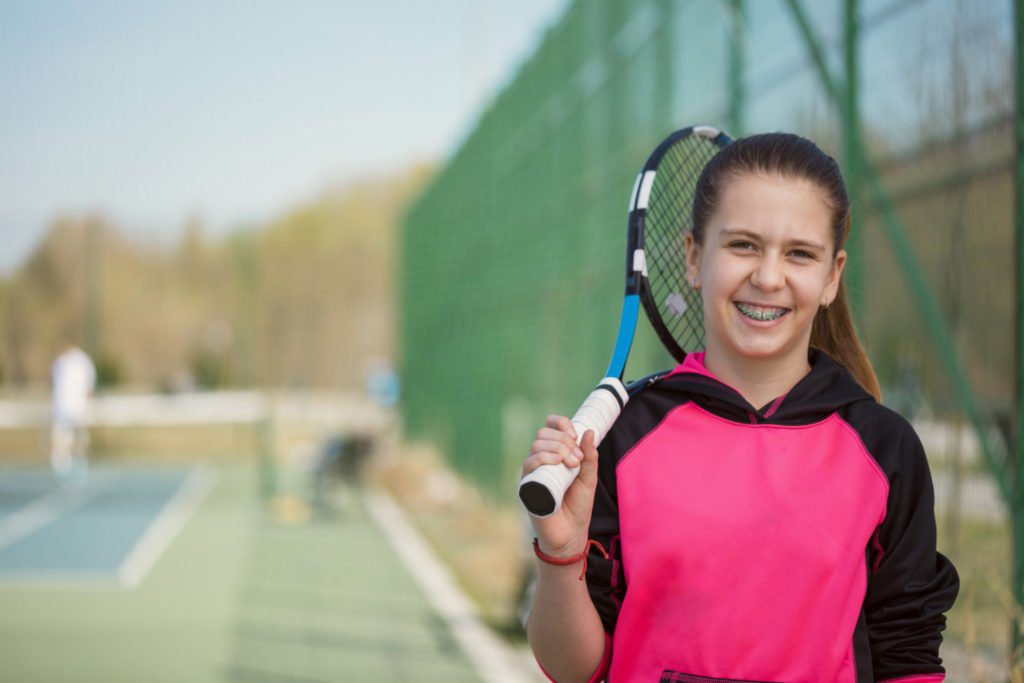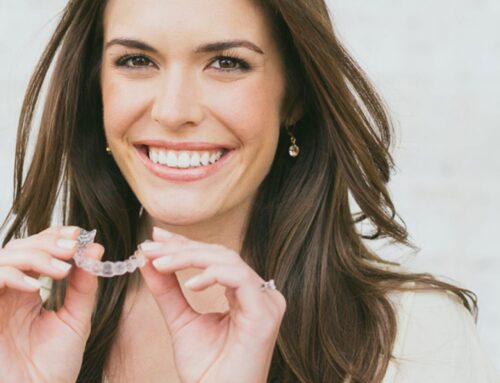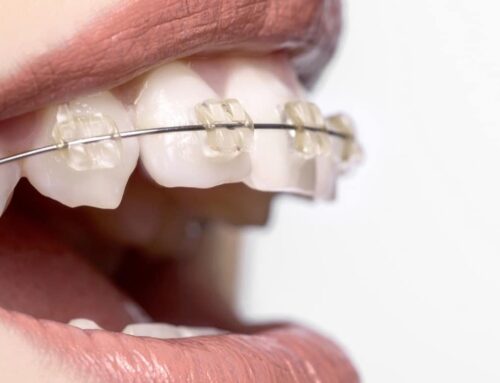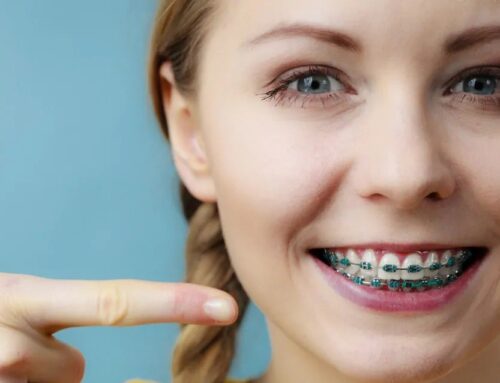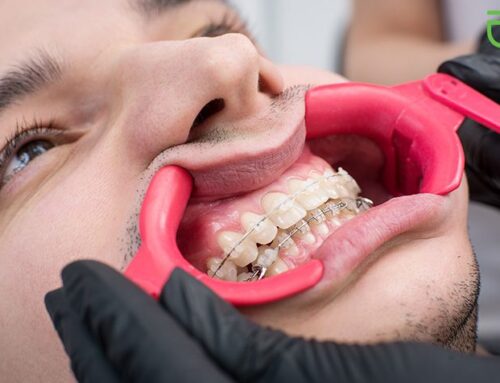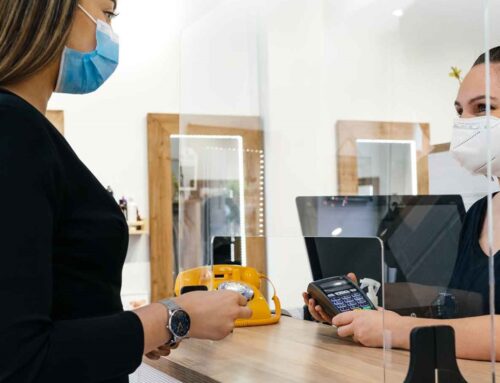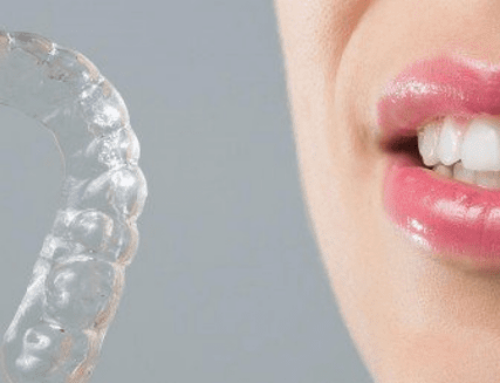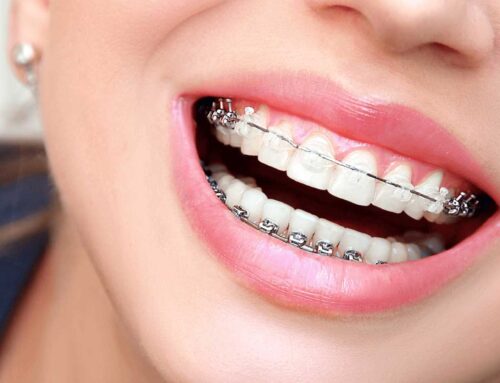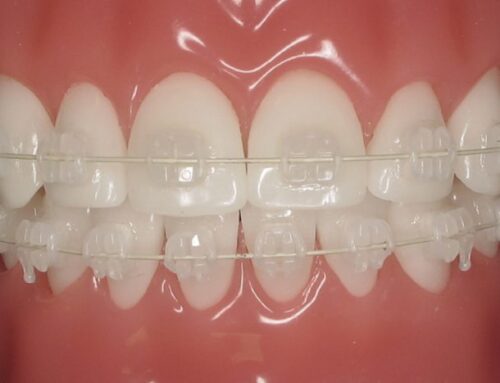Braces & Sports – What you Need to Know
When a patient is informed that they need braces, they immediately start a list of all the food, drinks, sports and activities they will miss out on while undergoing treatment. The thing is, braces aren’t as intrusive and cumbersome as people think. Because of developments to the treatment and materials, braces are less noticeable, lighter and durable. Best of all, you can still participate in your favourite sports and activities.
Athletes and active people need to understand that they can continue their physical lifestyle if they protect their mouths and braces. There are a few ways to do this and a lot of reasons to keep doing the things that make you happy while you straighten your teeth. Having to wear braces can be emotionally and mentally challenging so it’s important that you find outlets and continue enjoying life as you did prior to treatment.
Let’s start by making sure you’re aware of the potential dangers with respect to wearing braces while playing sports. We’ll introduce you to some protective options and offer advice on how to care for braces so they can endure a physical toll. Additionally, you’ll learn the importance of putting your happiness and the state of your emotional health first and foremost while undergoing orthodontic treatment. Lastly, we’ll make sure you know what to do if your braces break.
The Potential Dangers
It’s important that braces wearers recognize the potential dangers of playing sports or participating in certain activities. This doesn’t mean you should stay inside your house until your braces are removed. It just means you need to be more cautious and aware of what could go wrong.
Any time you do something where your face can encounter something hard, you need to consider your braces. These hard objects can include:
- Another player
- An elbow or knee
- Any kind of ball or puck.
- The ground, pavement or a wooden or concrete court.
If you are hit in the face, one or more brackets can become loose. This can prevent the braces from doing their job or cause a protruding wire to poke the inside of your mouth. This requires an immediate visit to your orthodontist.
Don’t worry, though, there are lots of ways you can keep playing without harming your expensive orthodontic work.
Protective Gear
The most effective precaution athletes can take before suiting up is to invest in protective gear for their face or mouth. There are two popular options—mouthguards and full facial guards—that have become popular with hockey, lacrosse, soccer and baseball players.
Mouthguards
Mouthguards are a protective cover for your teeth. They are durable, made from silicone or hard plastic and come in three different types. They are designed for children, teenagers and adults to use.
- Stock mouthguards are ready to wear right out of the packaging. They are typically the least expensive option but feel heavier in your mouth and can’t be adjusted for comfort. These are available in sporting stores and, in most cases, are the inexpensive option. They aren’t recommended by dentists because they offer the least amount of protection and can make breathing and speaking difficult.
- Boil and bite is made from a thermoplastic material that softens in boiling water. Once softened, you place in your mouth and bite down, creating an impression of your teeth. This type offers more protection and comfort.
- Custom mouthguards are made by your orthodontist and should perfectly fit your teeth. They offer optimal protection and should give wearers the assurance they need to play any sport even if it gets rough.
The custom option is the best bet for braces wearers because the other options typically focus on only the upper teeth. With a custom mouthguard, your orthodontist can create a lower protector that will make sure all your braces are covered.
For braces patients who enjoy rigorous activities like Tough Mudder or Iron Man competitions then we recommend investing in a custom mouth guard. These are typically not covered by insurance but they can prevent accidents that will require pricy dental or orthodontic work.
Keep in mind, these are different from the mouthguard some people wear at night as a measure against teeth grinding. Do not wear your nighttime mouthguard to play sports.
Full Facial Guards
Certain sports call for a more comprehensive protective solution like a full facial guard. Recreational football and hockey, for instance, are two sports that require helmets capable of protecting a player’s entire face.
While this is a strong option for braces wearers, an important tip is to still wear a mouth guard under full facial protection to ensure you don’t suffer any internal impact that could cause cuts or bruises.
Tips to Care for Braces
Not taking care of your braces can weaken them to the point where they are more likely to break during physical activity.
Braces require you to up your oral hygiene game. Because of their design, braces tend to catch food and bacteria like plaque so you need to adopt a proper technique.
Here are some tips on how to care for braces:
- Brush after every meal.
- Use a soft head toothbrush or an electric toothbrush.
- Even though it’s complicated, you need to floss. If tape isn’t working for you then try a floss threader.
- Try avoiding certain foods:
- Hard candy
- Gum
- Caramel
- Peanuts or tree nuts
- Popcorn
- Raw vegetables
The stronger your braces are, the more likely they can endure hours of playing sports like tennis, baseball, basketball or winter sports like hockey, skiing and snowboarding.
If your child is scheduled to get braces, make sure you have a conversation with their coach. This way they can be prepared to help in case anything happens.
If a Brace Breaks or You’re injured
If you suffer a mouth injury while playing a sport, don’t panic. Get medical attention immediately and make sure your injury or wound is properly cared for. Your next move should be to book an appointment with your orthodontist. We often recommend that patients use our Emergency Dental Care service if they believe their injury or the damage to the braces is severe.
If you’re okay but you broke part of your braces, the first step is to visually inspect to assess the damage. Carefully use your hand to make sure that there’s no loose or protruding wire. If the wire is still attached, then use a Q-tip to move it back into place. If you’re worried about the wire poking, you then place a piece of gauze between the bracket and the inside of your mouth. You can use nail clippers to cut the wire if you feel comfortable enough doing this.
You Can Still Have Fun!
At Georgian Dental®, we take a holistic approach to every dental and orthodontic service we offer to Barrie residents. We believe that a dentist must consider a patient’s entire being while treating a specific oral issue. This includes one’s emotional state as undergoing treatments for braces can lead to feelings of prolonged sadness or as if your life is in a holding pattern until your teeth are straight.
Wearing braces doesn’t mean missing out on the sports and activities you love. Patients should get out and have fun. Hit the gym, shoot some hoops, play some pickup hockey or enjoy a tennis match with a friend—whatever you love doing, don’t let braces stop you.
Be smart, take the necessary precautions and have fun.
Want to Discuss Braces?
If you are considering braces or are the parent of a child who might need braces, then you should take advantage of our free, no-obligation braces consultation. A member of our team would be happy to sit down with you to answer any questions and discuss what a life with braces could look like.
Call Georgian Dental® at 705-739-6725, or contact us to discuss how to protect your teeth and braces during sporting activities.
Appointment Request
If you’re interested in any of our procedures, and would like to meet with one of our dentists to discuss options, costs and get additional information, complete this short form and we’ll give you a call to arrange for a no-obligation appointment at our Barrie clinic.
